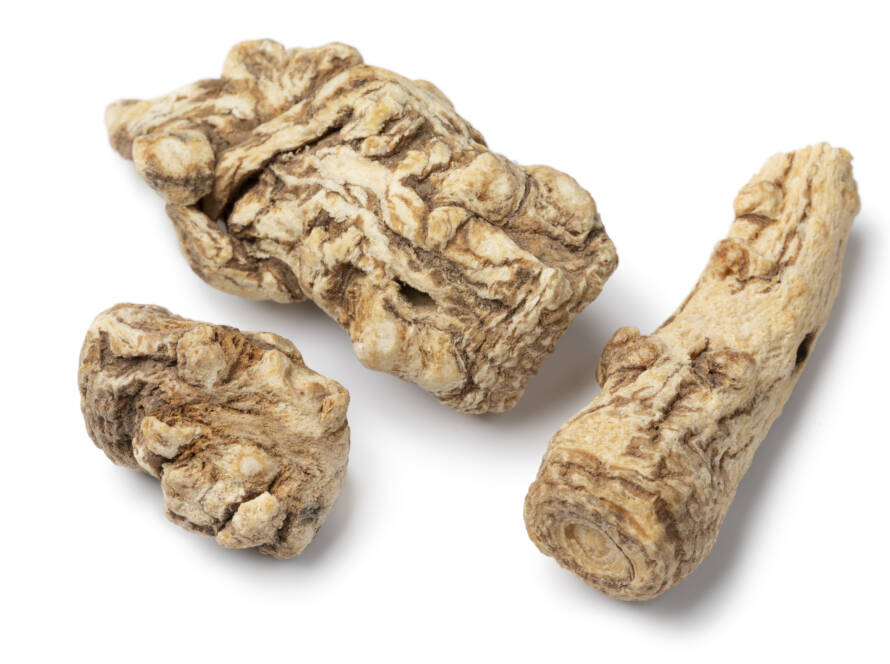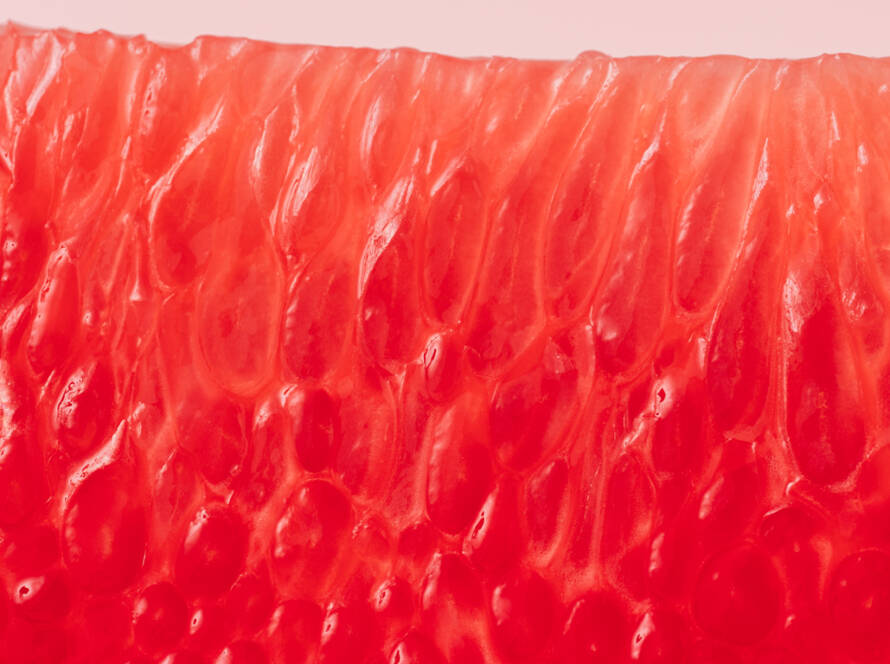Licorice Root
Introduction
This fact sheet provides basic information about licorice root, including its common names, uses, potential side effects, and resources for further information. Licorice is primarily grown in Greece, Turkey, and parts of Asia. It contains a compound known as glycyrrhizin (or glycyrrhizic acid) and has a long history of medicinal use in Eastern and Western medicine.
Common Names
- Licorice root
- Licorice
- Liquorice
- Sweet root
- Gan zao (Chinese licorice)
Latin Names
- Glycyrrhiza glabra
- Glycyrrhiza uralensis (Chinese licorice)
What It Is Used For
Licorice root is a dietary supplement containing vitamins, minerals, herbs, amino acids, enzymes, and other ingredients to enhance the diet. It has been traditionally used for:
- Stomach ulcers
- Bronchitis
- Sore throat
- Viral infections, such as hepatitis
How It Is Used
Licorice root is available in various forms:
- Dried and powdered forms
- Capsules
- Tablets
- Liquid extracts
- Deglycyrrhizinated licorice (DGL), which has the glycyrrhizin removed
What the Science Says
- A review of clinical trials suggests that glycyrrhizin may reduce complications from hepatitis C in some patients, but there is insufficient evidence to confirm this effect.
- There is not enough reliable data to determine the effectiveness of licorice for stomach ulcers.
Side Effects and Cautions
- In large amounts, licorice containing glycyrrhizin can lead to high blood pressure, salt and water retention, and low potassium levels, potentially causing heart problems. DGL products are believed to have fewer side effects.
- The safety of using licorice as a supplement for more than 4 to 6 weeks has not been thoroughly studied.
- Combining licorice with diuretics or other medications that lower potassium levels may result in dangerously low potassium levels.
- Individuals with heart disease or high blood pressure should exercise caution when using licorice.
- High amounts of licorice can affect cortisol levels and related steroid medications, such as prednisone.
- Pregnant women should avoid using licorice supplements or consuming large amounts of licorice, as it may increase the risk of preterm labor.
- It is essential to inform healthcare providers about complementary and alternative practices to ensure coordinated and safe care.
Sources
- National Center for Complementary and Alternative Medicine
- Encyclopedia of Dietary Supplements
- Natural Medicines Comprehensive Database
- Herbal Medicine: Expanded Commission E Monographs
You can visit the NCCAM National Institutes of Health for more detailed information.


